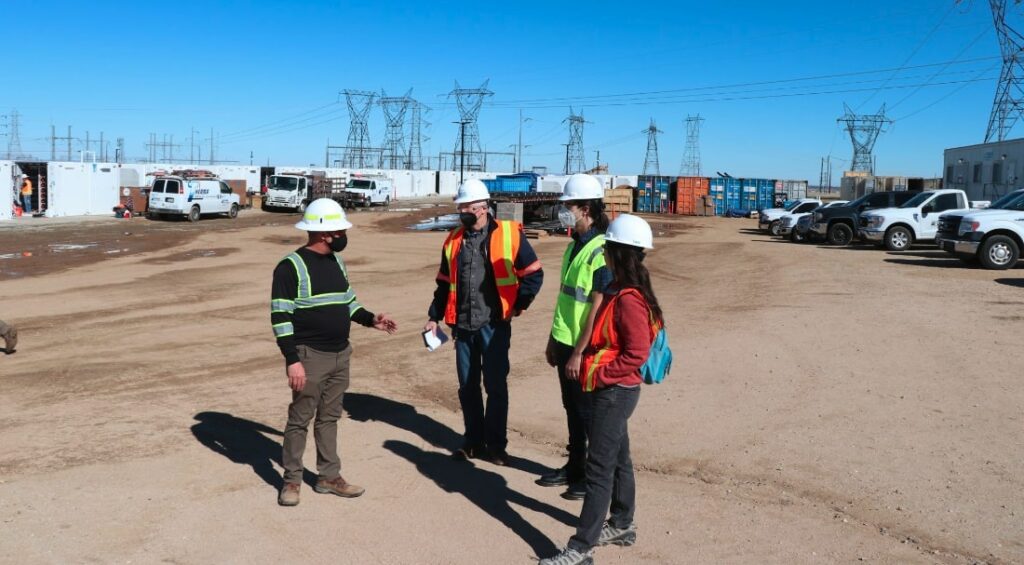
NextEra’s eight-hour energy storage project in California will use lithium-ion technology, but ‘battery chemistry did not play a major role in project evaluation’, offtaker Clean Power Alliance told Energy-Storage.news.
CPA, a community choice aggregator (CCA), last week secured a long-term power purchase agreement (PPA) with NextEra Energy Resources for the offtake of Desert Sands Energy Storage facility in Riverside County, as reported here yesterday.
The deal is part of CPA’s requirements under the California Public Utilities Commission’s Mid-Term Reliability order for load-bearing utilities to procure additional resources by 2026. It is the third eight-hour lithium-ion project to be procured by CCAs as part of those procurements (the first and second were announced in January and March respectively last year).
Responding to Energy-Storage.news’ request for comment after our story was published, CPA confirmed the project’s choice of lithium-ion technology and that it would be a 75MW/600MWh system. It has not yet been decided whether it will use LFP or NMC battery cells, however.
They said that construction on the project is expected to start by 1 December 2025, in time for a June 2026 commercial operation date (COD).
When asked whether other battery chemistries were considered and why lithium-ion was ultimately chosen, the spokesperson said: “The Long-Duration Storage category in the 2022 Midterm Reliability RFO was technology agnostic.”
“Projects were evaluated based on a combination of quantitative and qualitative criteria. Quantitative criteria focus on project performance and economics, while qualitative criteria focus on factors related to environmental stewardship, workforce development, development risk, project location, and impact on Disadvantaged Communities.
“Additionally, commitment to CPA’s Supply Chain Code of Conduct was an important qualitative consideration. Battery chemistry did not play a major role in project evaluation.”
The spokesperson did not comment on Energy-Storage.news‘ suggestion that the long timeframe to construction – more than 2.5 years – will potentially allow for cost reductions for lithium-ion batteries. After a decade of such price falls the price increased in the past two years due to lithium carbonate price spikes.
Haresh Kamath from the Electric Power Research Institute (EPRI), a utility-owned research organisation, previously told Energy-Storage.news he expected lithium-ion to become cost-competitive at 24 hours’ duration by the end of the decade.


